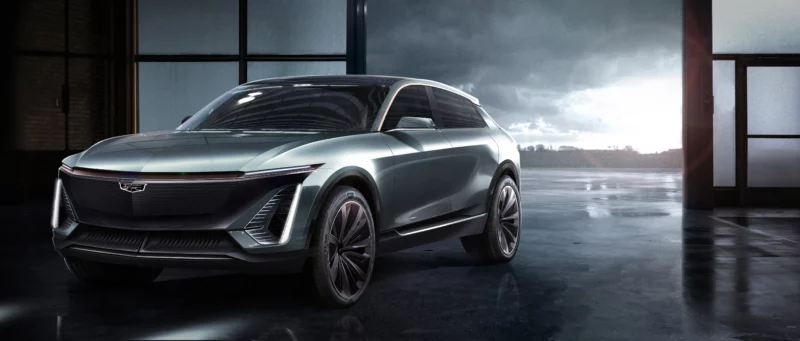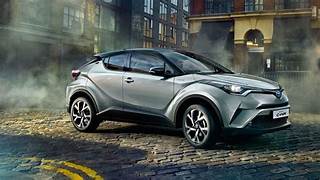Electric vehicles (EVs) are becoming increasingly popular as people become more aware of the environmental and financial benefits they offer. EVs run on electricity, which is a clean and renewable source of energy. They also produce zero emissions, which helps to improve air quality and reduce greenhouse gas emissions.
There are many different types of EVs available, including battery electric vehicles (BEVs), plug-in hybrid electric vehicles (PHEVs), and hybrid electric vehicles (HEVs). BEVs are powered solely by electricity, while PHEVs have a gasoline engine that can be used to extend the vehicle’s range. HEVs use a combination of an electric motor and a gasoline engine to power the vehicle.
The cost of EVs has been one of the main barriers to their adoption, but prices have been coming down in recent years. In addition, many governments offer incentives, such as tax breaks and rebates, to help offset the cost of purchasing an EV.
EVs offer a number of advantages over traditional gasoline-powered vehicles, including:
- Lower operating costs: EVs are much cheaper to operate than gasoline-powered vehicles. The cost of electricity is much lower than the cost of gasoline, and EVs require less maintenance.
- Reduced emissions: EVs produce zero emissions, which helps to improve air quality and reduce greenhouse gas emissions.
- Quieter operation: EVs are much quieter than gasoline-powered vehicles, which can make them a more pleasant driving experience.
There are also some disadvantages to EVs, including:
- Shorter range: The range of EVs is still limited compared to gasoline-powered vehicles. However, this is improving as battery technology continues to develop.
- Longer charging times: It can take several hours to fully charge an EV battery. However, fast-charging stations are becoming more common, which can reduce the amount of time it takes to charge an EV.
- Limited availability: EVs are still not as widely available as gasoline-powered vehicles. However, the number of EV models and dealerships is increasing.
Overall, EVs offer a number of advantages over traditional gasoline-powered vehicles. As the cost of EVs continues to come down and the availability of EVs increases, they are likely to become more popular in the future.
Here are some additional information about EVs:
- Recharging: EVs can be recharged at home using a standard 120-volt outlet, but this can take several hours. For faster charging, EVs can be plugged into a 240-volt outlet, which can reduce the charging time to a few hours. There are also a growing number of public charging stations available.
- Government incentives: Many governments offer incentives to help offset the cost of purchasing an EV. These incentives can include tax breaks, rebates, and grants.
- Maintenance: EVs require less maintenance than gasoline-powered vehicles. This is because there are no oil changes, spark plugs, or other regular maintenance items that need to be replaced.
If you are considering purchasing an EV, there are a few things you should keep in mind:
- Your driving habits: If you have a short commute and don’t do a lot of long-distance driving, an EV may be a good option for you. However, if you frequently drive long distances, an EV may not be the best choice.
- Your budget: EVs can be more expensive than gasoline-powered vehicles, but the cost of ownership is often lower. Consider the total cost of ownership when making your decision.
- The availability of charging stations: If you live in an area with limited access to charging stations, an EV may not be the best option for you. However, the availability of charging stations is increasing all the time.
Overall, EVs are a good option for people who are looking for a clean, efficient, and affordable way to get around. As the technology continues to develop and the cost of EVs comes down, they are likely to become even more popular in the future.thumb_upthumb_downuploadGoogle itmore_vert


